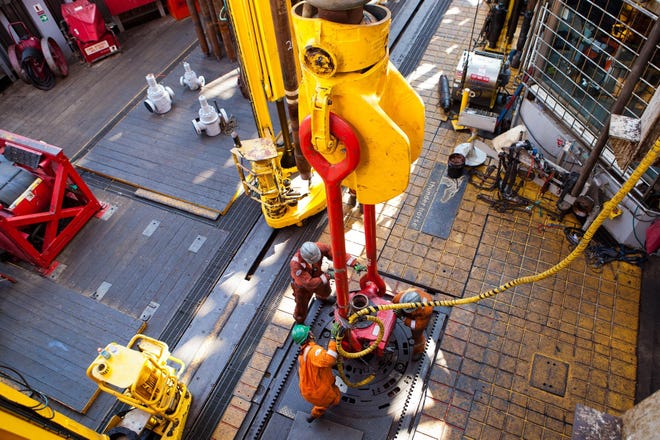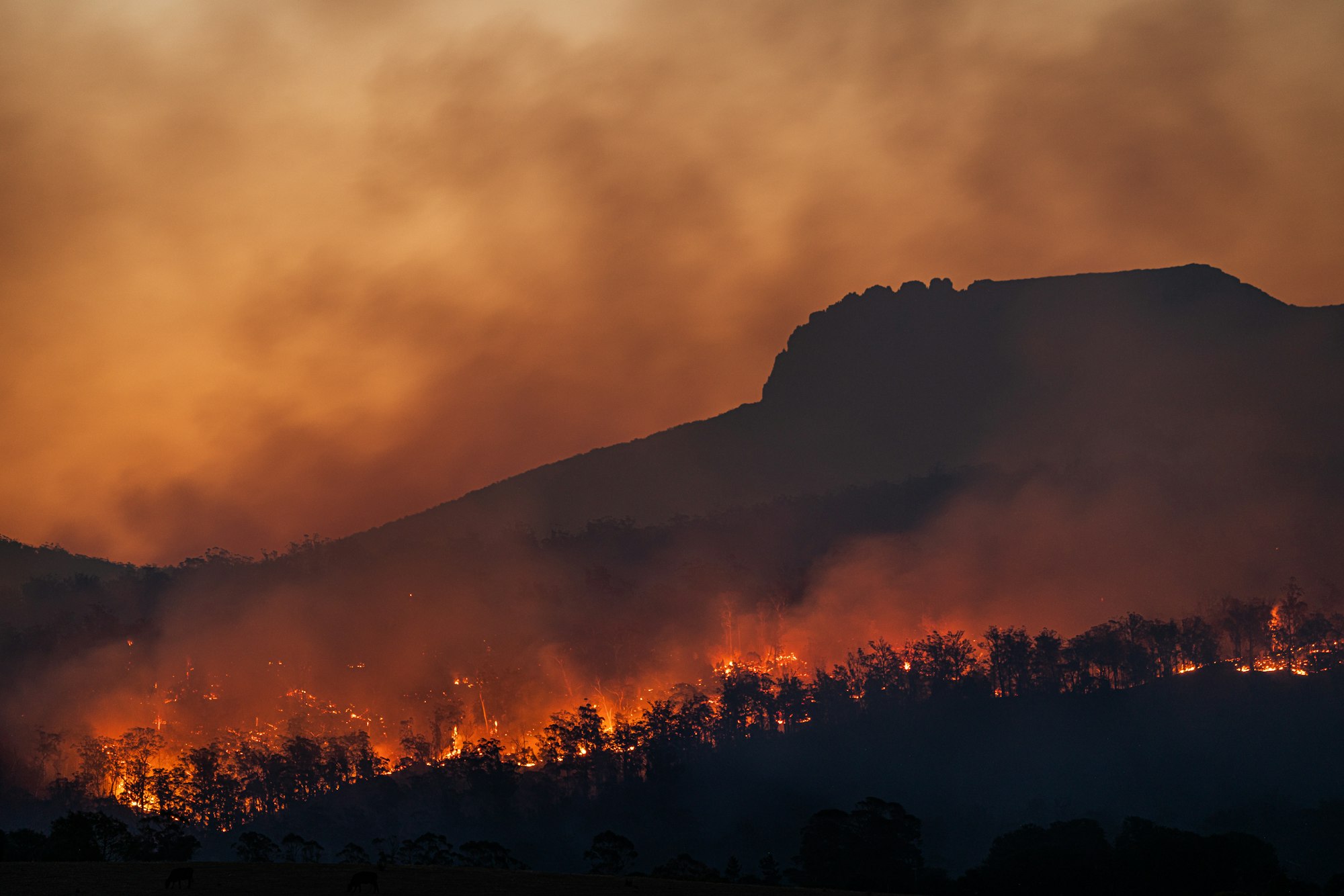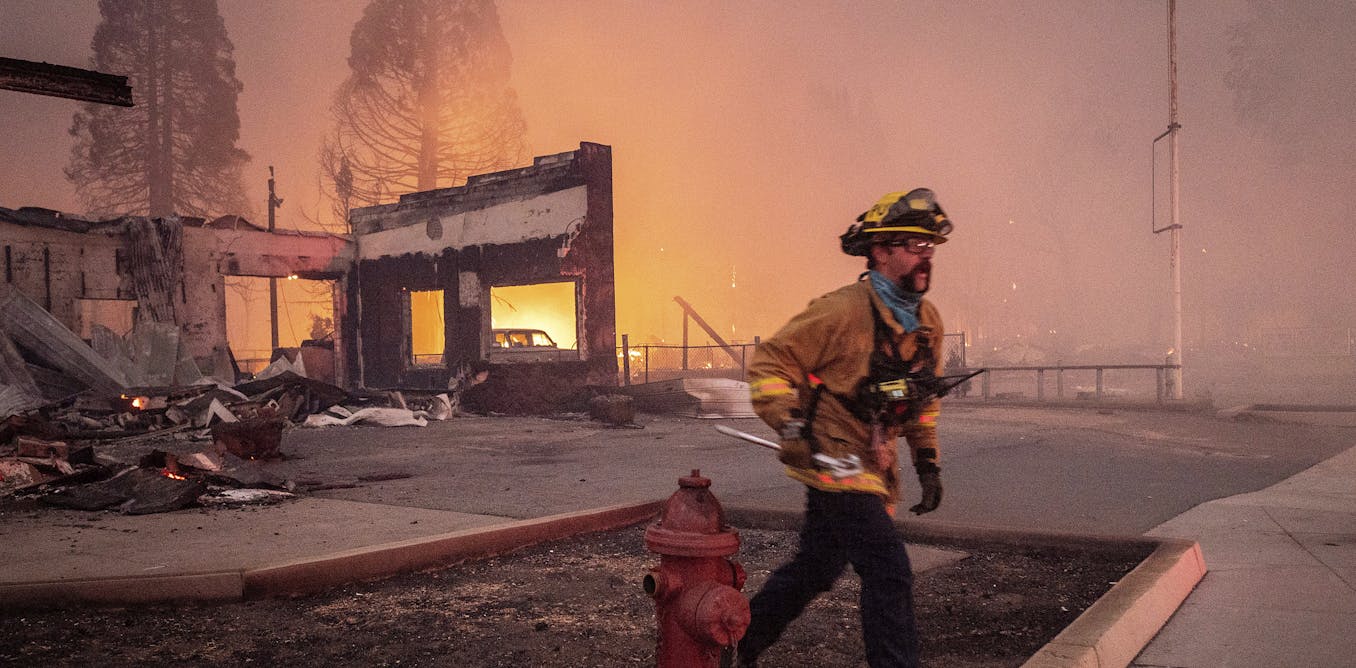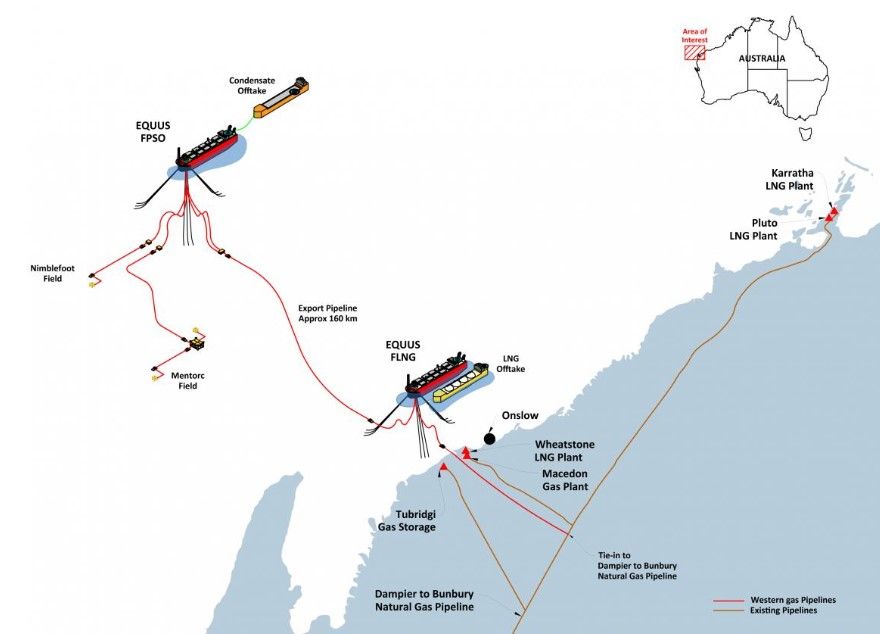NEWS PROVIDED BY
Aug 16, 2021
MONTREAL, Aug. 16, 2021 /CNW Telbec/ - SNC-Lavalin (TSX: SNC), a fully integrated professional services and project management company with offices around the world, today announces that it has completed the closing of the sale of its Resources Oil & Gas business on August 15, following receipt of Saudi Arabian regulatory approval.
SNC-Lavalin previously announced that it had closed the sale of a substantial portion of its Resources Oil & Gas business on July 29, pursuant to its binding agreement with Kentech Corporate Holdings Limited ("Kentech") announced on February 9, 2021. The Company indicated it expected full closing to be completed by the end of Q3 2021.
"The closing of the sale of all activities related to our Resources Oil & Gas business allows us to focus our ongoing efforts on executing our strategic direction announced more than two years ago," said Ian L. Edwards, President and CEO, SNC-Lavalin Group Inc. "Our business is now realigned on growing our high potential core Engineering Services, which includes the Engineering, Design & Project Management, Nuclear and Infrastructure Services segments."
"We look forward to working closely with our employees, suppliers and clients to develop innovative solutions to engineer a better future for our planet and its people. I would like to thank all the Resources Oil & Gas employees for their dedication and hard work over the years, and wish them much success with Kentech,'' added Mr. Edwards.
As previously announced, the transaction is expected to generate a non-cash gain on the sale in excess of the fair value write down, after accounting for the elimination of foreign exchange cumulative translation adjustments included in the historical carrying amounts of the disposed Oil & Gas business.
SNC-Lavalin Closes Sale of Substantial Portion of Resources Oil & Gas Business
NEWS PROVIDED BY
Jul 30, 2021,
MONTREAL, July 30, 2021 /CNW Telbec/ - SNC-Lavalin (TSX: SNC), a fully integrated professional services and project management company with offices around the world, today announces that it has closed the sale of a substantial portion of its Resources Oil & Gas business on July 29, pursuant to the previously announced binding agreement with Kentech Corporate Holdings Limited ("Kentech") dated February 9, 2021.
The balance of closing, which constitutes the Saudi Arabian portion of the business, is expected to be completed by the end of Q3 2021 following the anticipated receipt of standard Saudi Arabian regulatory approval. This part of the business represents approximately a quarter of the Resources Oil & Gas business' total annual revenues.
"The substantial close of the sale of the Resources Oil & Gas business marks another important step in our journey that began two years ago, when we first announced our strategic initiative to simplify and de-risk our business," said Ian Edwards, President and CEO, SNC-Lavalin Group Inc. "We have now realigned our business to focus on growing our high potential core Engineering Services, which includes the Engineering, Design & Project Management, Nuclear and Infrastructure Services segments."
"We look forward to working closely with our employees, suppliers and clients to develop innovative solutions to engineer a better future for our planet and its people. I would like to thank all the Resources Oil & Gas employees for their dedication and hard work over the years, and wish those already now part of Kentech much success going forward," added Mr. Edwards.
The transaction is expected to generate a non-cash gain on the sale in excess of the fair value write down, after accounting for the elimination of foreign exchange cumulative translation adjustments included in the historical carrying amounts of the disposed Oil & Gas business.
About SNC-Lavalin
Founded in 1911, SNC-Lavalin is a fully integrated professional services and project management company with offices around the world. SNC-Lavalin connects people, technology and data to help shape and deliver world-leading concepts and projects, while offering comprehensive innovative solutions across the asset lifecycle. Our expertise is wide-ranging — consulting & advisory, intelligent networks & cybersecurity, design & engineering, procurement, project & construction management, operations & maintenance, decommissioning and sustaining capital – and delivered to clients in four strategic sectors: EDPM (engineering, design and project management), Infrastructure, Nuclear and Resources, supported by Capital. People. Drive. Results. News and information are available at www.snclavalin.com or follow us on Twitter @SNCLavalin.
SOURCE SNC-Lavalin

For further information: Media: Harold Fortin, Senior Director, External Communications, 514-393-8000, poste 56127, media@snclavalin.com; Investors: Denis Jasmin, Vice President, Investor Relations, 514-393-8000 poste 57553, denis.jasmin@snclavalin.com
Related Links
www.snclavalin.com
Organization Profile

SNC-Lavalin
Founded in 1911, SNC-Lavalin (TSX: SNC) is one of the leading engineering and construction groups in the world and a major player in the ownership of infrastructure. From offices in over 40 countries, SNC-Lavalin’s 30,000 employees provide EPC and EPCM services to clients...
Also from this source
SNC-Lavalin completes closing of Resources Oil & Gas business...
SNC-Lavalin drives sector leadership in digital with new...
SNC-Lavalin Reports Second Quarter 2021 Results...













